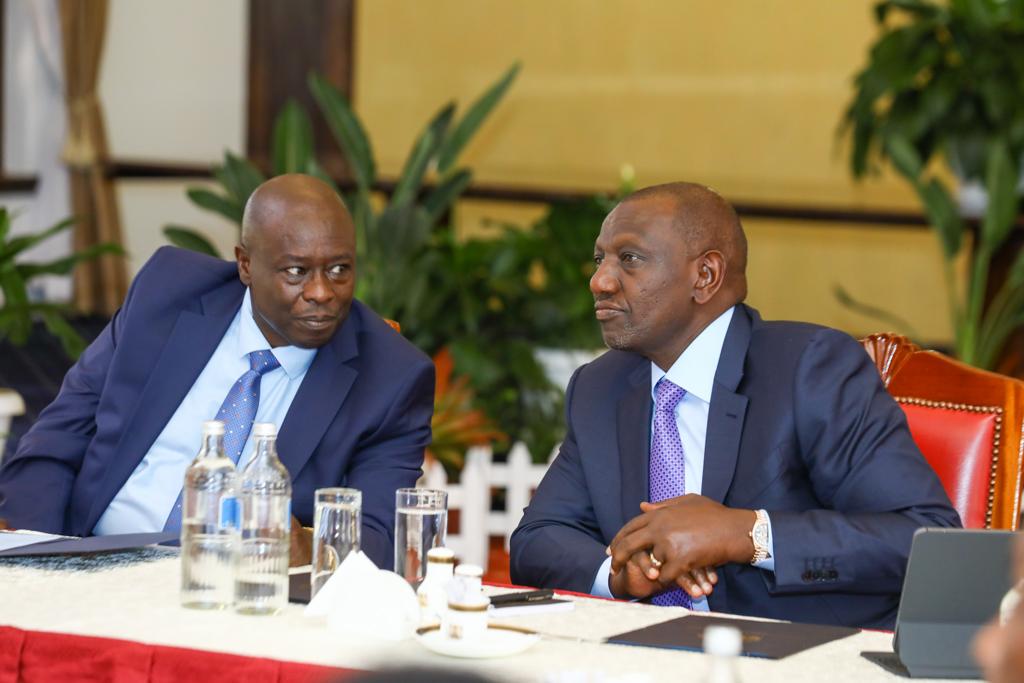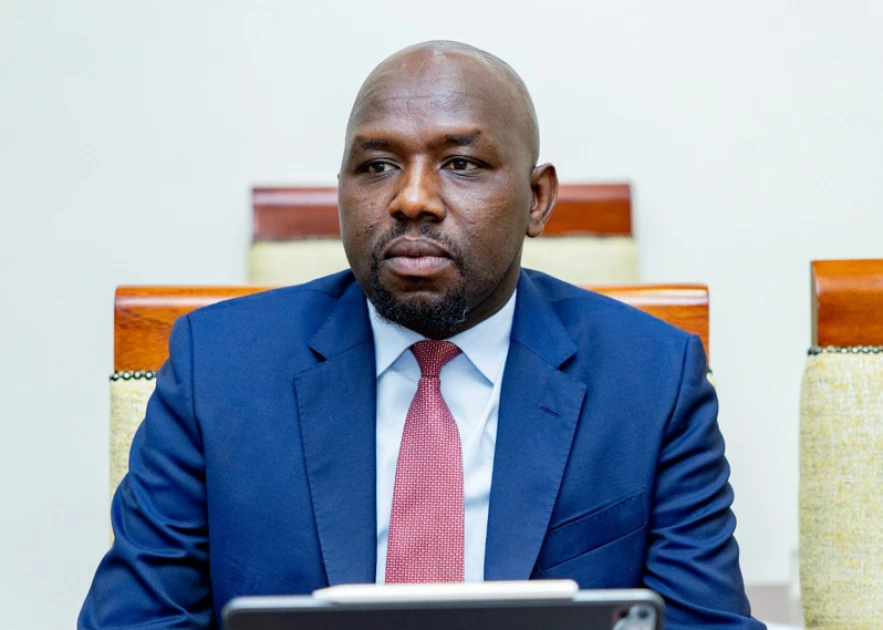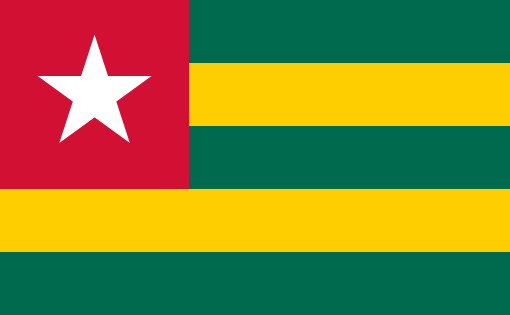As the rest of the world, including Kenya, navigates the year 2024 Ethiopia marks the beginning of the year 2017 on September 11 or 12.
This unique phenomenon stems from the country’s use of the ancient Ethiopian calendar, which is strikingly different from the widely adopted Gregorian calendar used globally.

The Ethiopian New Year, called Enkutatash, is a significant cultural event that ushers in a fresh start for Ethiopians and embodies the nation’s rich historical heritage.
Ethiopia has its own unique time system. The day starts at 6:00 instead on 00:00. The day is split into two,12 -hour parts with the first part beginning at 6:00 and the other at 18:00.
The Ethiopian calendar is a solar calendar and consists of 12 months, each having exactly 30 days.
An additional 13th month, known as Pagumē, has five days in common years and six days in leap years.
This structure results in a year that is usually 365 days long, similar to the Gregorian calendar, with an extra day added every four years to account for the Earth’s orbit around the sun.





















